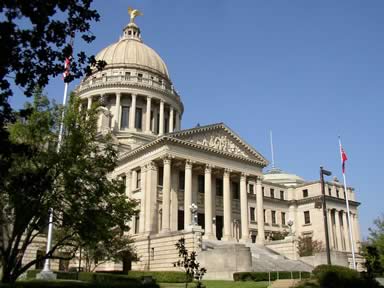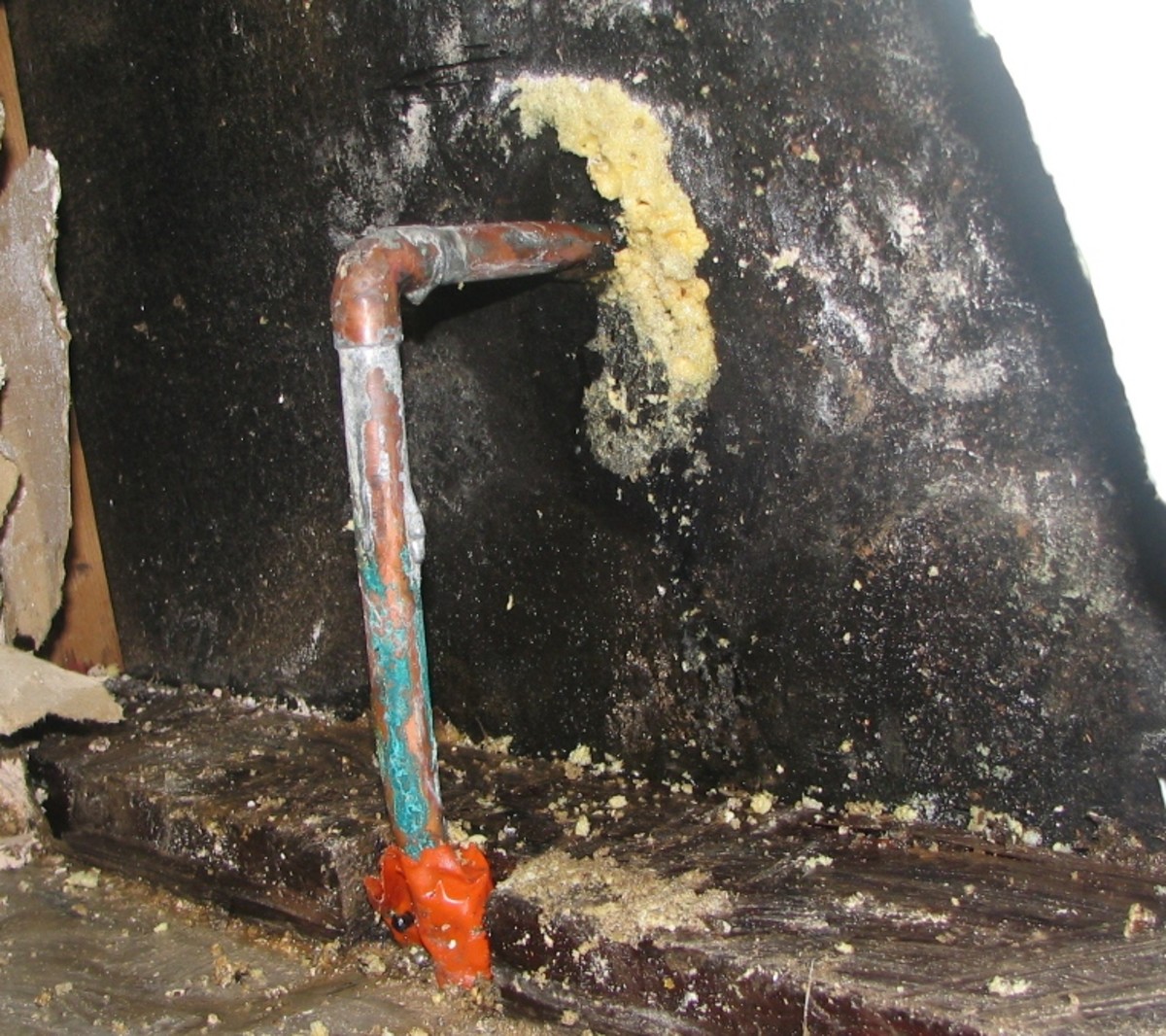A Lis Pendens and How to Remove It.
Real Estate Foreclosure
What is a lis pendens? It is defined as “A notice filed for the purpose of warning all persons that the title to certain property is in litigation, and that, if they purchase the defendant’s claim to the same, they are in danger of being bound by an adverse judgment.
A lis pendens can only be recorded if the party causing it to be recorded has a “real property claim. A real property claim is one which affects title or the right to possession to specific real property or the use of an easement. It is a heavy club to the person who records it as it constitutes a cloud on title, effectively preventing an owner from transferring title to the property or securing a loan against it.
If the lis pendens is properly recorded, it gives constructive notice of the pendency of the lawsuit to anyone who purchases the property or loans money secured by a mortgage or deed of trust against it. If a judgment is later rendered in the action, subsequent purchasers or lenders will take
subject to the terms of the judgment, provided that the lis pendens was both recorded and indexed prior to the purchase or loan in question.

Since the lis pendens was recognized by the legislature to give enormous leverage to the party filing it, an escape was devised to provide speedy relief for defendants whose properties were wrongfully burdened by a lis pendens that should never have been filed. The legislature amended the lis pendens statutes in 1992 to make it more difficult to maintain an improperly recorded lis pendens against a person’s property.
Courts have applied the lis pendens statutes narrowly, providing an efficient method for expunging an improperly recorded lis pendens. A lis pendens that is procedurally defective (where the rules regarding service of the notice or proper recordation have not been met), is void and can be expunged by motion on that ground.
Have you ever been to court over a lawsuit?
Often, a party may attempt to record a lis pendens where there really is no real property claim asserted in the complaint. An action for a broker’s commission on the sale of real property will never support the filing of a lis pendens. Courts have split on whether an action that seeks the remedy of a constructive trust on real property constitutes a real property claim which justifies the filing of a lis pendens5 or is really just an action for money which will not support a lis pendens. In determining whether a “real property claim” is stated, the courts will look solely to the pleadings, and will not take testimony or other evidence.
Even if a lawsuit is filed that contains a real property claim, if the claimant is unable to prove that his or her claim has probable validity (i.e., is probably valid) by a preponderance of the evidence (the test being that it’s more likely than not that the claim has probable validity), the court will expunge the lis pendens.

So, for example, if a plaintiff buyer files suit to specifically perform a real estate contract, but he never tendered the purchase price or he lacked the ability to perform, or some other condition for performance was not satisfied, the court, on motion by the defendant seller, can expunge the lis pendens. Where “probable validity” is the issue, the courts will take evidence, usually in the form of declarations and exhibits submitted with the motion to expunge or in opposition to the motion.
In making its order on the motion to expunge on any of the above mentioned grounds, the court must award reasonable attorney’s fees to the prevailing party unless it finds that the other party acted with substantial justification. The last basis for expungement is even if the lawsuit alleges a real property claim that has probable validity, if monetary relief would be adequate, the court can expunge the lis pendens and make the other party post a bond in lieu of the lis pendens. This may not work for residential property where plaintiff hopes to reside there, but could work if the property is purchased solely for commercial reasons and the monetary loss can be measured.
Although the order to expunge is not appealable, it is subject to a writ of mandate which must be filed within 20 days of service of notice of the order, which the court may extend for an additional ten day period. Therefore, the order may not be recorded or relied upon until the expiration of the entire period. Where the lis pendens has successfully been expunged, it is as if the lis pendens had never been recorded insofar as actual or constructive notice derived from the lis pendens is concerned. The subsequent owner or lender has no duty to inquire regarding the outcome of the litigation. Of course, a lis pendens can always be voluntarily withdrawn by the party who recorded it. The notice of withdrawal must be acknowledged.
The bottom line is that although a lis pendens can be a powerful tool to a party whose rights in real property have been abridged, it can also be removed fairly quickly from the property at the early stages of the lawsuit where it has been recorded improperly.
- Fraud and Forgery in Title Insurance
Red Flags for Title Insurance companies and Escrow companies pertaining to Fraud and Forgery - The Title Insurance Industry
Ever wonder why we need title insurance when purchasing or refinancing a home? - Did the File Record?
A story about closing a file as an Escrow Company and how quickly and easily mistakes can happen. - Elder Abuse in Finance
Elders are uniquely vulnerable to abuse because ... they face advancing frailty, deterioration of mental capacity, and increasing reliance for assistance upon the families they raised.
© 2014 TomRy









